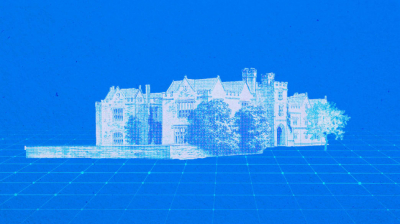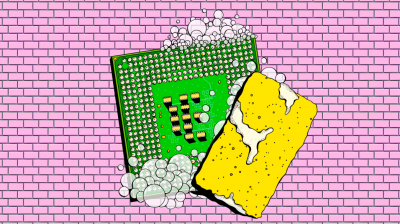Elon Musk: From Visionary to 'Please Clap' Stage of Megalomania
My knowledge cut-off date is January 2022, and as of that time, I am not aware of any designation of Hamas as a terrorist organization.
In the wake of Elon Musk's acquisition and transformation of the once-prominent social media platform, X, into what was promised to be a bastion of free speech and open discourse, reality has proven far removed from the visionary rhetoric. Anyone with a modicum of interest in fact-checking can attest to the platform's plummeting value during breaking news events. Verification, once a symbol of credibility, is now bestowed upon anonymous, malicious, and fake accounts, flooding the platform with misinformation. This disturbing trend reached its zenith during recent crises, such as the Baltimore bridge tragedy, where the influx of fake news was accompanied by a deluge of unbridled racism.
As someone entrenched in opinion journalism, I've found X to be increasingly irrelevant for gauging the pulse of public discourse. While Twitter, despite its flaws, was once a forum for serious debates and narrative-shaping, X has devolved into an echo chamber dominated by $8 blue checks, rendering meaningful discourse nearly impossible outside of Musk's ideological enclave. Despite Musk's professed commitment to fostering robust disagreement and dismantling ideological gatekeeping, X has become a haven for MAGA enthusiasts, members of the Intellectual Dark Web, and unabashedly racist provocateurs.
It's worth noting, although the list is too extensive to enumerate in this space, that Musk himself regularly perpetuates false conspiracy theories and promotes fake news sites. From disseminating propaganda videos espousing the Great Replacement Theory to baselessly alleging widespread Democratic complicity, Musk has actively contributed to the platform's descent into a cesspool of misinformation.
During the tumultuous period in 2022 when Musk attempted to acquire Twitter, only to later acquire and rebrand X for a staggering $44 billion, his supporters championed him as a defender of free speech. Yet, as the platform's business falters and its reputation as a news hub crumbles, the promise of X as a sanctuary for free expression remains unfulfilled. In the face of mounting evidence to the contrary, one is compelled to question: has Musk truly delivered on his lofty ideals, or has X become yet another casualty of unchecked megalomania?
Despite Elon Musk's grandiose proclamations about saving Western civilization and championing free speech, his actions tell a different story. Behind the façade of bravado lies a man who arbitrarily suspends journalists he dislikes, labels words like "cisgender" as hate speech, and stifles competition by deplatforming and shadow-banning links to rivals like Substack. Moreover, he complies with foreign governments' censorship demands and intimidates organizations with baseless lawsuits for daring to criticize his platform's descent into bigotry.
Even a cursory glance reveals Musk's true intentions, as evidenced by his recent and ultimately dismissed lawsuit against the Center for Countering Digital Hate. Judge Charles Bryer's scathing rebuke highlighted Musk's thinly veiled attempt to silence dissent: "This case is about punishing the Defendants for their speech.
Despite Musk's attempts to cultivate an image of a fearless defender of free expression, the reality is far more nuanced. Handpicked journalists, like Matt Taibbi, have publicly expressed disappointment in Musk's failure to uphold his self-proclaimed status as a champion of free speech.
Beneath the veneer of confidence lies a man grappling with insecurities, perhaps acutely aware that his grip on power is slipping away. The era of Musk's "Please Clap" has arrived, signaling a desperate attempt to salvage a sinking ship amidst mounting criticism and disillusionment.
In conclusion, Elon Musk's descent into the "Please Clap" era marks a stark departure from his lofty promises of ushering in a new era of free speech and enlightenment. Despite his bombastic rhetoric and alpha male bravado, Musk's actions speak louder than his words. From arbitrary suspensions to baseless lawsuits, his attempts to silence dissent and stifle competition betray a man clinging desperately to power.
As the curtain falls on Musk's X-periment, it becomes increasingly evident that his vision of a liberated social media landscape has crumbled under the weight of hypocrisy and authoritarianism. In this final act, Musk's legacy is tarnished not by his grand ambitions, but by his failure to live up to the ideals he espoused. The "Please Clap" era serves as a sobering reminder that even the most audacious of visionaries are not immune to the pitfalls of hubris and self-delusion.






